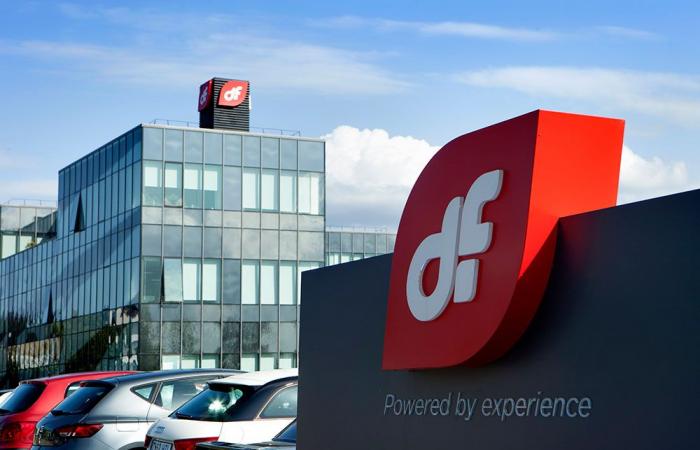The withdrawal of Duro Felguera from Algeria is far from being a trivial event. The withdrawal of the Spanish group is symptomatic of the growing distrust of foreign investors against the promises of openness of the regime, which is now in the sights of Brussels because of the inconveniences suffered by European companies in this country.
Aware that the days of the hydrocarbon bonanza are coming to an end, Algeria has been desperately trying, for several years, to attract capital as part of efforts to diversify a sclerotic economy. In 2022, the country’s authorities announced, with great fanfare, the adoption of a new investment law, intended to make people forget the wave of repression that targeted foreign companies present in the country, a year earlier.
However, hell is paved with good intentions. Things remained as they were, to the great dismay of the operators who succumbed to the sirens of official propaganda. Opacity and arbitrariness remain the markers of the relationship with the Algerian authorities and its stifling bureaucratic machine. Without making any noise, small or medium-sized companies left the country, because they could no longer tolerate the mood swings of military power.
In this regard, it is appropriate to recall Algiers’ decision to sanction Spanish companies, in retaliation for the recognition of the Moroccan nature of the Sahara by the Pedro Sanchez government. Faced with the versatility and nonchalance of the Algerian authorities, who have a very special conception of international relations, Madrid recommended that its companies hit by these restrictions leave Algeria.
Despite the reestablishment of relations between the two countries after the storm caused by the Sahara issue, the situation does not seem to be improving, judging by the decision of the Spanish giant Duro Felguera to withdraw from the construction project of a combined cycle thermal power plant in the Djefla region, 300 km south of Algiers.
The reason given is “the difficult business climate in Algeria”. However, no company in the world can so easily give up a contract worth 544 million euros. The company claims to have suggested “multiple attempts at a solution” to the situation, but in vain. The contract was signed in 2014 and the project was to be delivered within 40 months. The Spanish company did not want to discuss the reasons for its withdrawal.
European operators are increasingly faced with obstacles and restrictions posed by the Algerian authorities. The deterioration of the situation pushed the European Union to break its silence on June 14, 2024, by announcing “a dispute settlement procedure against Algeria”.
The European Commission explained, in a press release, that “the objective is to engage in constructive dialogue with a view to lifting restrictions in several sectors ranging from agricultural products to motor vehicles.” “Given the unsuccessful efforts to resolve the matter amicably, the EU has taken this initiative to preserve the rights of European companies and exporters operating in Algeria who are affected. The Algerian measures also harm Algerian consumers due to an unduly restricted choice of products.argues the Commission.
The EU considers that the restrictive measures introduced by Algiers since 2021 violate its commitments under the EU-Algeria Association Agreement. This agreement was signed in 2002 and entered into force in 2005. It establishes a framework for cooperation in all areas, including trade.
Even if it has not spoken openly about the EU decision, the Algerian regime has unleashed its media to express its dissatisfaction with this measure, which “will only contribute to deepening disputes” between the two parties. Algiers’ intransigence should cause greater concern among the operators present on site.






